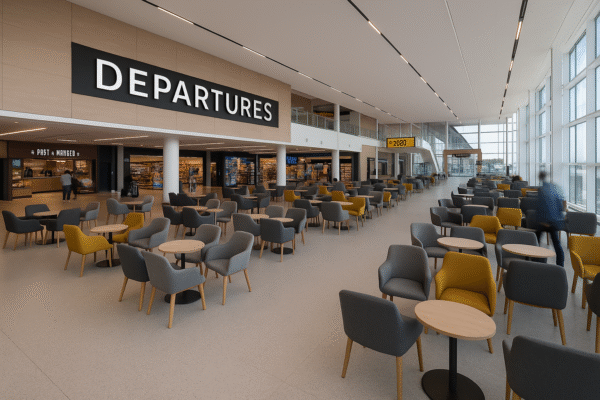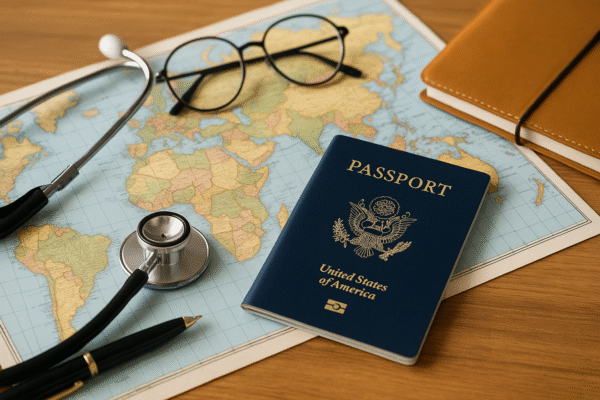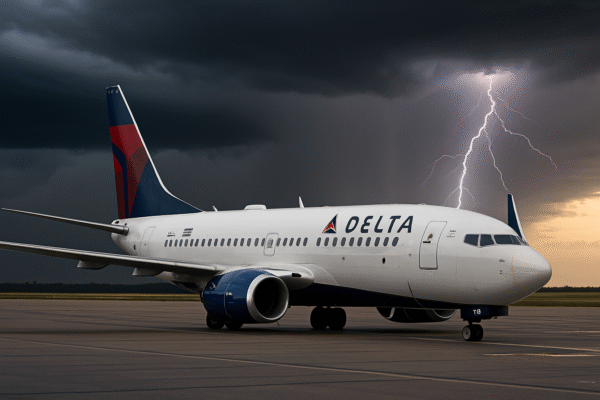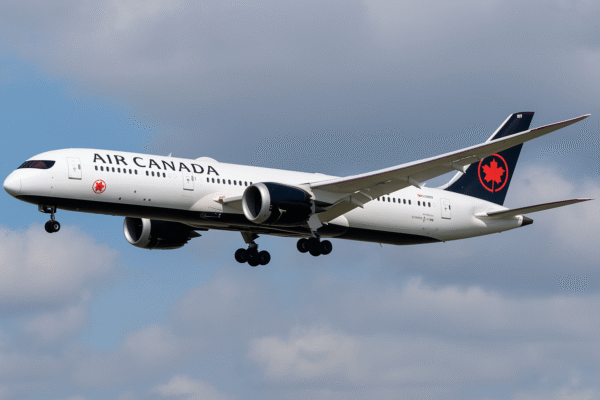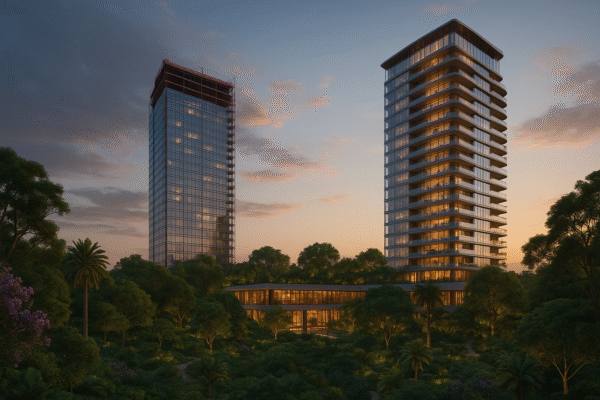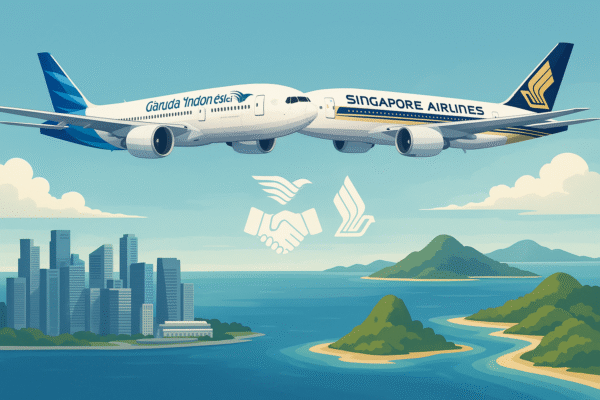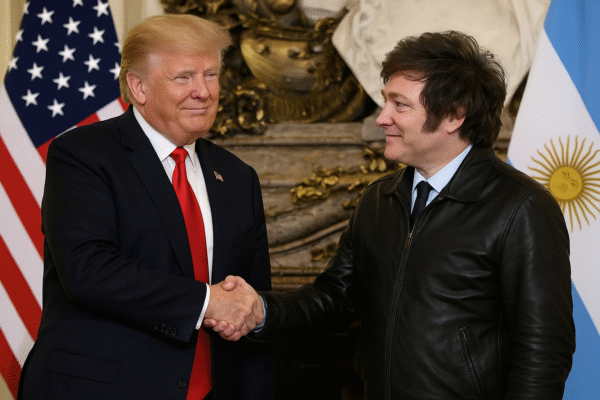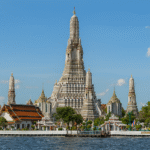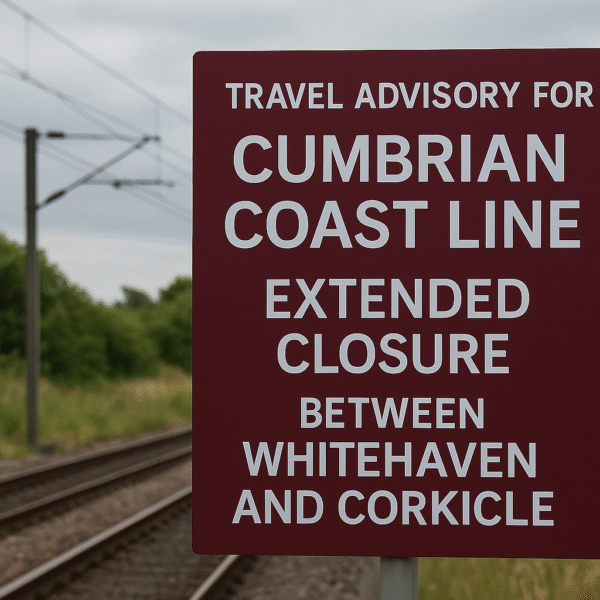BUENOS AIRES/WASHINGTON, D.C. – Argentina is moving closer to potential inclusion in the U.S. Visa Waiver Program (VWP), a development that could soon enable Argentine citizens to travel to the United States for tourism or business without the need for a visa. This historic opportunity arises amid strengthening diplomatic relations between Argentine President Javier Milei and U.S. President Donald Trump, both of whom share a libertarian-conservative political alignment and a commitment to deepening bilateral cooperation.
If successful, Argentina would become the fifth Latin American country included in the Visa Waiver Program, joining Chile, Uruguay, and others. The change could transform travel flows between the two nations, promoting tourism, business travel, and cross-cultural engagement.
What Is the U.S. Visa Waiver Program?
The U.S. Visa Waiver Program currently allows citizens from 40+ countries to enter the United States for up to 90 days without a visa, provided they register through the Electronic System for Travel Authorization (ESTA). The program is administered by the U.S. Department of Homeland Security in collaboration with the Department of State. For countries to qualify, they must meet strict security, immigration, and visa issuance criteria—including a non-immigrant visa refusal rate below 3%.
Argentina previously participated in the program briefly in the 1990s, but was later removed due to rising visa refusal rates and internal instability. The new diplomatic efforts under Milei’s administration aim to reverse that historical decision.
Homeland Security Steps In: Formal Talks Begin in Buenos Aires
A major step forward came in July 2025 when U.S. Secretary of Homeland Security Kristi L. Noem visited Buenos Aires to engage in formal talks with Argentine officials. During the meeting, Noem and her Argentine counterparts signed a critical document marking the start of the multi-phase evaluation process necessary for any country seeking VWP inclusion.
According to Argentina’s Ministry of Foreign Affairs, the document sets the framework for enhancing border security, sharing traveler data, and adopting new counterterrorism protocols—key requirements under the VWP framework. Noem praised Argentina’s “commitment to strengthening regional security cooperation,” emphasizing that political momentum is now aligned with shared travel goals.
Visa Refusal Rates: The Main Hurdle
Despite the diplomatic enthusiasm, Argentina still faces a major roadblock: its current visa refusal rate. For fiscal year 2024, the U.S. Department of State reported that approximately 10% of Argentine applicants were denied tourist or business visas—well above the VWP’s maximum 3% threshold.
To address this issue, the Milei administration is working closely with U.S. consular services to implement reforms aimed at reducing fraudulent applications, increasing public awareness of visa procedures, and improving socio-economic indicators that influence approval likelihood. Some experts predict it could take two to five years for Argentina to meet the required benchmarks—though political goodwill could accelerate timelines.
Milei and Trump: A Strategic Diplomatic Bond
Observers say Argentina’s revived bid is no coincidence, as President Milei has cultivated an increasingly close relationship with Donald Trump. The two leaders have exchanged multiple high-level communications in recent months and share strong ideological ties focused on deregulation, reduced taxation, and national sovereignty.
Trump, in return, has publicly praised Milei for his economic reforms and strong stance on border control—making Argentina’s VWP ambitions more likely to find support at the highest levels of the U.S. government. Analysts view the program’s potential approval as part of a broader geopolitical alignment, where Argentina may serve as a regional partner for U.S. trade and security initiatives in South America.
What the Visa Waiver Would Mean for Travel and Tourism
If Argentina gains approval for VWP inclusion, the impact on both tourism and business travel would be significant:
- Increased U.S.-bound Travel: Argentine tourists would be able to visit the U.S. for up to 90 days without a visa, boosting U.S. hospitality, retail, and airline sectors.
- Streamlined Business Trips: Argentine entrepreneurs and corporate travelers could explore investments and partnerships more freely.
- Cultural Exchange: Simplified travel processes would foster greater educational and cultural exchanges, especially among youth and academic professionals.
- Economic Recovery: For Argentina, visa-free travel to the U.S. could help stimulate outbound travel and boost consumer confidence amid domestic inflation and economic adjustment.
According to the U.S. Travel Association, countries added to the Visa Waiver Program typically experience a 20% increase in travel volume to the United States within two years.
Argentina’s Path Forward
Argentina’s next steps involve a comprehensive internal review of its visa issuance practices, strengthening biometric border systems, and enhancing information-sharing capabilities with U.S. security agencies. These reforms must align with U.S. Department of Homeland Security and ESTA systems to gain full entry into the program.
Argentina’s Immigration Department has already begun pilot programs to introduce e-Gates at Ezeiza International Airport in Buenos Aires and is expanding secure traveler databases in cooperation with Interpol.
In tandem, U.S. consular officials in Argentina have launched outreach campaigns to educate the public about best practices in visa applications, which could help lower the refusal rate in coming years.
Conclusion: A Diplomatic Gamble with Tourism Rewards
Argentina’s pursuit of U.S. Visa Waiver Program inclusion is both a diplomatic initiative and a tourism growth strategy. While the road ahead is complex, the Milei–Trump political alliance has created a unique opening for progress. If successful, the agreement would not only elevate Argentina’s global mobility ranking but also inject new energy into transcontinental travel and business collaboration.
With Argentina’s tourism sector eager for revitalization, the potential for visa-free U.S. access offers a powerful incentive to continue reforming immigration protocols and deepening bilateral ties. The world will be watching as Buenos Aires and Washington navigate this historic opportunity.
For more travel news like this, keep reading Global Travel Wire


